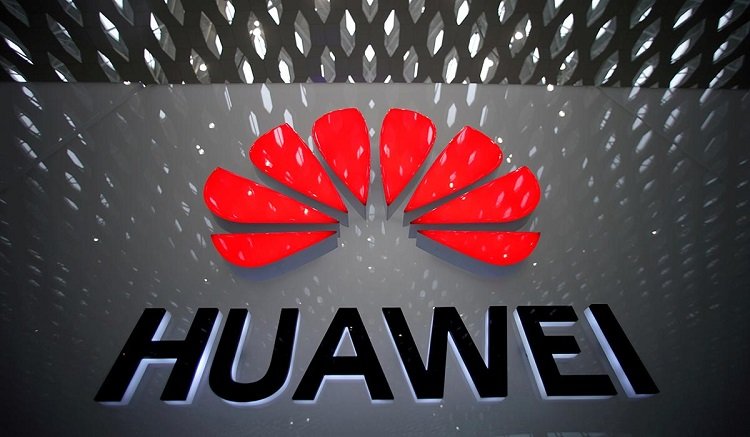Huawei has confirmed steady growth in the enterprise market, achieving a global sales revenue of USD12.8 billion—up 8.6% year-on-year. Huawei’s enterprise business has become one of the key drivers of the company’s overall expansion. In the Middle East specifically, the company’s enterprise business group achieved exceptional results with sales revenue growing 24% year-on-year, making the region one of the top performers for Huawei globally.

As of 2019, more than 700 cities and 228 Fortune Global 500 companies have chosen Huawei as their digital transformation partner. In addition, Huawei’s enterprise business has a network of more than 28,000 partners worldwide, which contribute up to 86% of the global revenue of the business group. According to Huawei, the trust of these partners and customers has been essential to the company’s success, and Huawei will continue to partner with governments and enterprises to bring digital to every person, home and organization for a fully connected intelligent world.
Huawei also invested 15.3% of its 2019 revenue – or approximately USD18.8 billion – back into R&D in line with its long-term investment approach and commitment to provide technology innovations. Its total R&D spend over the past decade now exceeds USD$85.9 billion.
During 2019, Huawei leveraged the synergy among cloud, AI, and 5G to provide public cloud services and hybrid cloud solutions that are stable, reliable and sustainable. HUAWEI CLOUD has launched more than 200 cloud services and 190 solutions, while more than 3 million enterprise users and developers currently use HUAWEI CLOUD to develop products and solutions.
Using Cloud as the base, Huawei has launched Huawei Horizon Digital Platform by integrating new ICT technologies including IoT, AI, big data, video, converged communications, and GIS to build a foundation for the future digital world.
In addition, in 2019, Huawei launched CloudEngine 16800, which has been commercially deployed in more than 150 enterprise data centers around the world. The three OptiXs, namely OptiXtrans, OptiXaccess, and OptiXstar, have been adopted by over 3,800 companies across 158 countries and regions.
Huawei also released two flagship solutions for the enterprise market – HiCampus and HiDC– by relying on its cutting-edge technologies in 5G, optical transmission, Internet Protocol (IP) networking, and AI technologies and making collaborative innovation across technological domains.
As of 2019, Huawei has partnered with more than 4,200 service providers serving over 50,000 customers around the world. The company has participated in smart city projects in more than 200 cities across over 40 countries and regions, as well as assisting more than 1,000 financial institutions with digital transformation in terms of inclusive finance, data-driven service innovation, and open banking. Huawei serves more than 170 urban rail lines in over 70 cities worldwide, striving to build integrated transportation systems for global cities. Building on the experience gained from its own digital transformation, Huawei has successfully built intelligent campuses for more than 300 customers. Through innovative ICT technologies, Huawei helps various sectors including manufacturing and energy reshape their manufacturing and value chains while boosting upgrade of their intelligent systems.
As part of powering enterprise partners and building a prosperous ecosystem, Huawei has established 13 OpenLabs worldwide to focus on the enterprise market.
All financial statements in the 2019 Annual Report were independently audited by KPMG.











